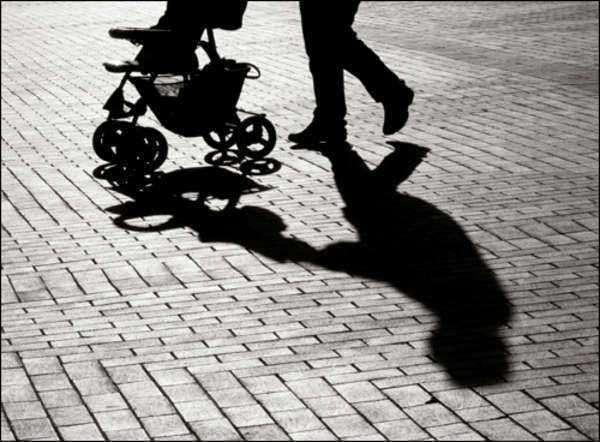Child Custody Laws in New York
NEW YORK CHILD CUSTODY LAWS & REGULATIONS UPDATE 2023
A DECADE OF CHANGE: AN OVERVIEW OF NEW YORK'S CHILD CUSTODY LAWS AND REGULATIONS TIMELINE (2013-2023)
Over the past decade, New York has made significant changes to its child custody laws to prioritize the best interests of children and provide equitable treatment for parents. The following key updates from 2013 to 2023 highlight New York's commitment to modernizing its child custody regulations:
2013 - Child's Best Interests:
- New York reaffirms the child's best interests as the central consideration in custody determinations.

2014 - Parenting Plans Requirement:
- Introduction of mandatory parenting plans outlining custody arrangements, visitation, and decision-making responsibilities.
2015 - Joint Custody Emphasis:
- Emphasis on joint custody arrangements to ensure consistent involvement of both parents.
2016 - Domestic Violence Safeguards:
- New York implements safeguards to protect children from potential harm in cases involving domestic violence.
2017 - Child's Wishes Acknowledged:
- Courts start considering the child's reasonable preferences in custody determinations.
2018 - Mental Health Evaluation:
- Introduction of mental health assessments when relevant to parental fitness and child well-being.
2019 - Relocation Guidelines:
- Establishment of guidelines to address parental relocations and their impact on existing custody arrangements.
2020 - Co-Parenting Education:
- Requirement for parents to attend co-parenting education classes to enhance communication and cooperation.
2021 - Grandparent Visitation Rights:
- Enhancement of grandparent visitation rights in cases where it's in the child's best interests.
2022 - Technology's Role in Co-Parenting:
- New York addresses the use of technology in co-parenting arrangements and its effects on child well-being.
2023 - Mediation Promotion:
- Promotion of mediation as an alternative means of resolving custody disputes amicably.
These changes reflect New York's ongoing commitment to ensuring the best interests of children and promoting positive parent-child relationships through its evolving child custody laws.
Guide to Child Custody Laws in New York
New York parents who are involved in child custody disputes may have misconceptions about the state's laws surrounding child custody. Child custody laws in New York are generally similar to those in many other state jurisdictions, but there are some key differences that parents need to be aware of. This guide can help parents to understand the terminology and laws that will affect them during child custody negotiations or hearings. By the end of this guide, you will be better equipped to research more about child custody laws in New York on your own.
Can Children Decide?
In some states, judges will allow children to choose where they live after a certain age. Child custody laws in New York do not permit a child's preferences to determine child custody. Children can only fully determine who they live with after they turn 18. Much of the reason for this is because child custody laws in New York use the best interest of the child as their primary focus, and it can be very stressful and emotionally damaging for a child to have to specify a preferred parent.
Parenting Plans and Mediation
To minimize the negative effects of separation on their children, many parents prefer to handle child custody matters by creating an agreement, or parenting plan. Parenting plans are explicitly allowed by child custody laws in New York, and parents may be able to draft a parenting plan if they can agree on how to divide all aspects of their parenting responsibilities, including how to resolve disputes if and when they occur.
Some parents may opt for mediation if they cannot resolve their child custody disputes on their own. Mediation is entirely voluntary in the state of New York, but mediators can provide a way for parents to make a parenting plan that saves time and money versus having a full custody hearing
Legal Custody
There are two types of custody that can be awarded by judges according to child custody laws in New York: legal custody and physical custody. Legal custody refers to the ability to make major life decisions on behalf of your child. In order to change your child's religious instruction, school, or doctor, you will need to have legal custody.
If parents seem able to agree on parenting issues, child custody laws in New York allow a judge to award joint legal custody, in which both parents will share equal responsibility for decisionmaking. Parents who cannot agree will often find one parent is awarded sole legal custody. A parent without legal custody has no legal right to be involved in major decisions, although many parents maintain communication and may still allow a non-custodial parent to have an influence.
Physical Custody
Physical custody refers to where a child will be living. While child custody laws in New York allow equal divisions of time, more commonly primary physical custody will be awarded to one parent. A parent awarded primary physical custody will have the child most of the time, while the parent without it will have a visitation schedule ordered by the court. In some cases, this visitation may be supervised.